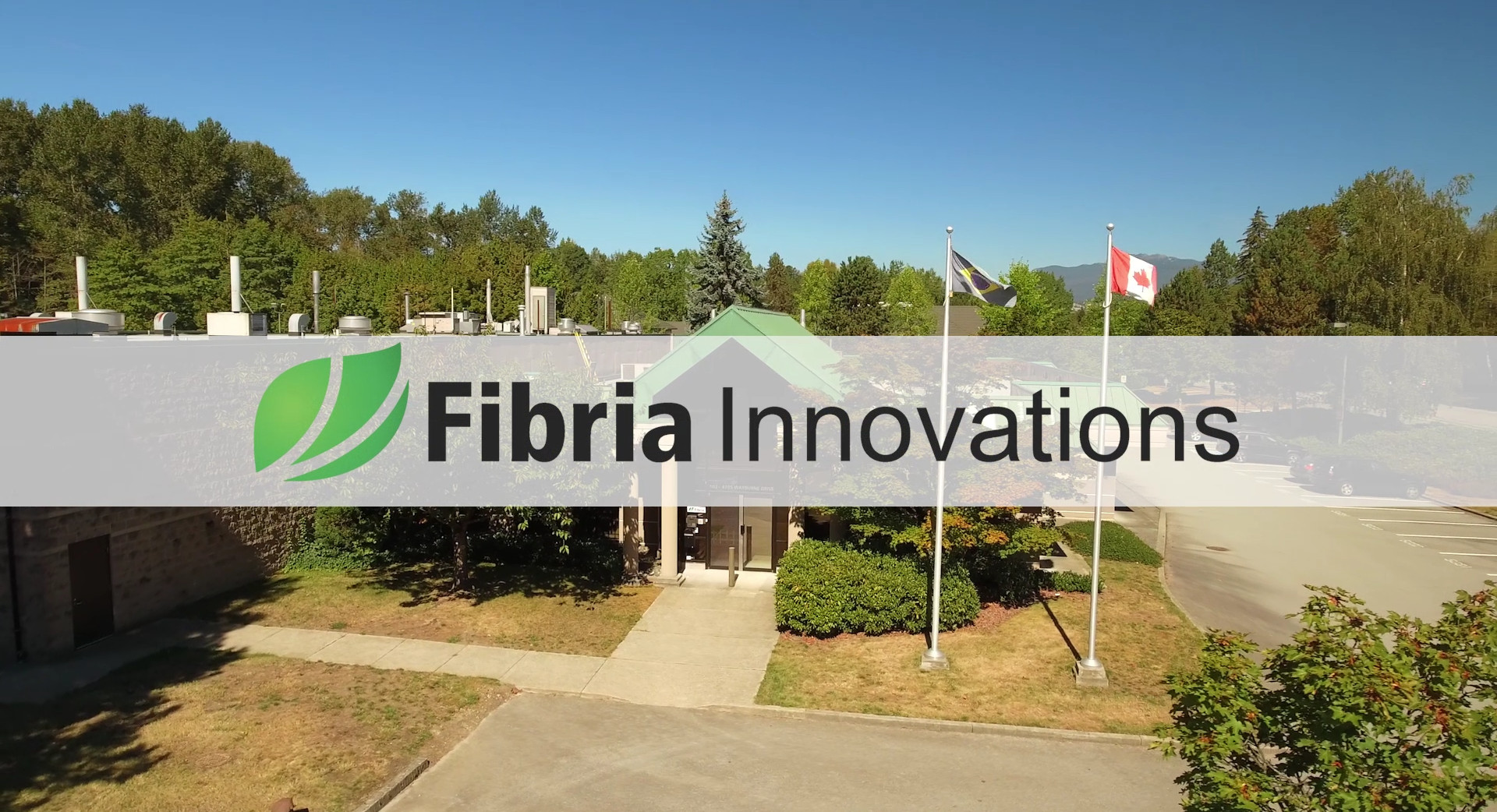Planted forests are part of the solution to problems associated with climate change and contribute to a low-carbon economy. It is part of Fibria's strategy to develop products and services with high added value that go beyond the concept of commodity and can replace fossil fuel derivatives as a source of raw material. See below some of our key innovation projects for new businesses.
Bio-oil
By means of a partnership with the American company Ensyn Corporation, in which we have a 12.6% interest, we are developing the scale-up of an important biorefinery project. Through the pyrolysis process, in which biomass is subjected to a thermochemical treatment, we obtain liquid fuel, which can replace fossil fuels in generation of energy or be co-refined with oil.
The project is in the final study and validation phase If approved, the project's production will be 100% geared toward the North American market, since the United States has regulatory incentives for the use of this type of renewable product. Fibria's next step will be to build an operational unit in Brazil, in either the state of São Paulo or Espírito Santo, for the development and marketing of bio-oil.
Nanocellulose
Resistance, in addition to softness, is a virtue always desired by our clients in the development of their products. Focused on this need, we partnered with the University of Maine and GL&V, both in the United States, for research and testing of the application of nanofibrillar cellulose (NFC). We also began building a pilot plant in Aracruz, Espírito Santo state, one of the largest in the world, scheduled to open in the first quarter of 2017. In the coming months, Fibria will produce up to 2 tons a day of nanofibrillar cellulose for the development of its application in the enrichment of its own pulp, in addition to other segments.
CelluForce
Fibria is strongly committed to having specific products for specific clients, and paper is not the only market for nanocellulose, which has dozens of applications. That is why, in 2016, we acquired 8.3% of the Canadian company CelluForce, a world leader in the production of nanocrystalline cellulose (NCC). This biodegradable and renewable technology can be used in the cement industry, oil and gas segments, in the development of electronics, among others. The agreement guarantees Fibria the exclusive right to market nanocrystalline cellulose developed with CelluForce technology in Latin America.
Lignin
In 2015, Fibria acquired the Canadian company Lignol, today called Fibria Innovations, expanding its patent bank of lignin-related processes and products. Lignin represents nearly 30% of a tree's structure and is a by-product in the pulp production process. Fibria's project expects to convert part of the lignin, which is usually burned to produce energy, into products with higher value added that replace fossil raw materials.
In 2016, we demonstrated, albeit on a pilot scale, that lignin can replace some of the active principles of fossil origin currently used in wood panels. Industrial scale testing is being done with potential clients. Our next step will be the construction of a production unit in Aracruz, Espírito Santo, for the commercial development of lignin applications, with environmental, cost, and performance benefits.
Watch the video about Fibria Innovations.

Real Estate businesses
By 2025, Fibria expects to have reduced by one third the amount of land required for the production of pulp. We are looking for solutions to maximize the value of the company's lands that will be available in the future and are located in already urbanized regions. Amongst the existing projects is the real estate business that foresees the construction of planned neighborhoods, designed to offer social well-being and local development.
Fibria has been carrying out studies in its three regions of forestry operation in order to identify areas suitable for real estate development. We have already completed the evaluations of the land in Aracruz, Espírito Santo, where we now have eucalyptus forests. The next steps include the completion of licensing processes and the partnership with real estate companies interested in the orderly growth of cities based on social and environmental criteria.

Photo: Márcio Schimming.
